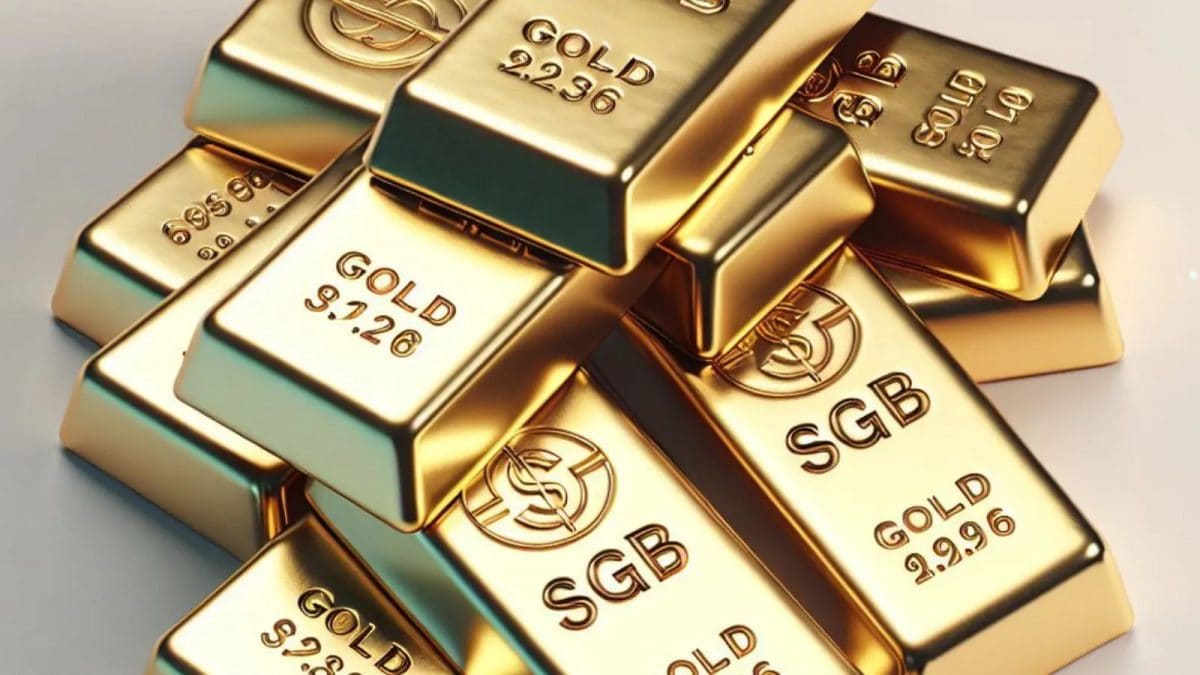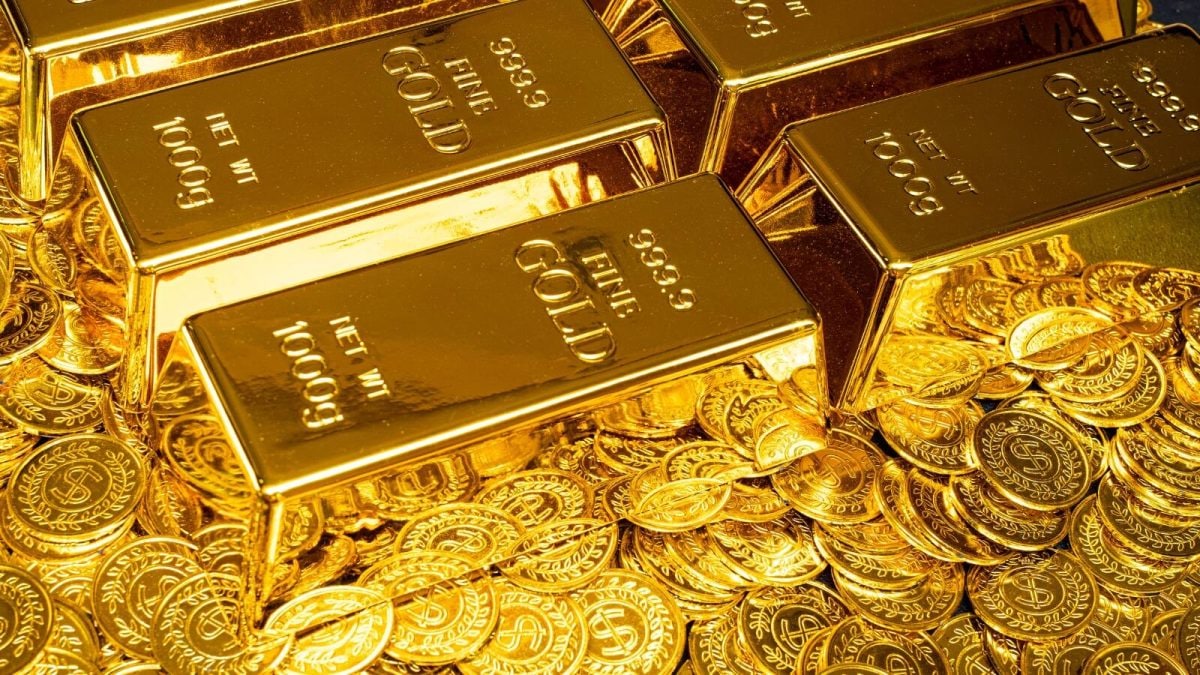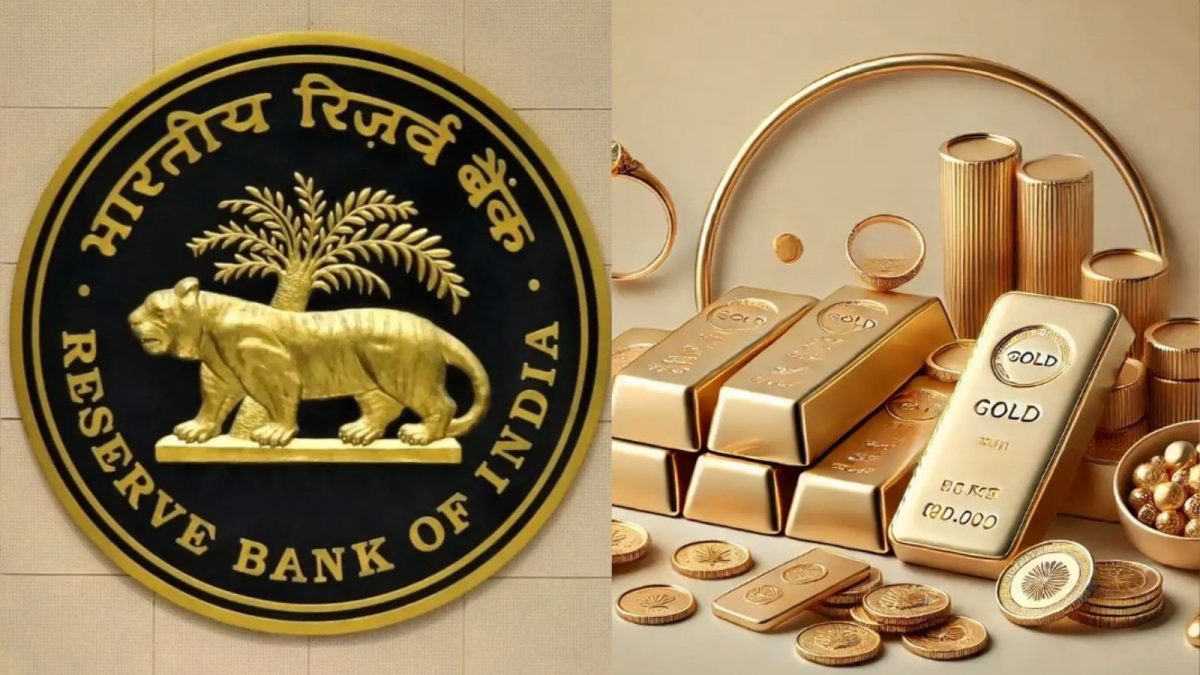Business
How Much Tax Is Applicable On Gold, Silver Gains? Know Tax Rates, ETF Rules And TDS
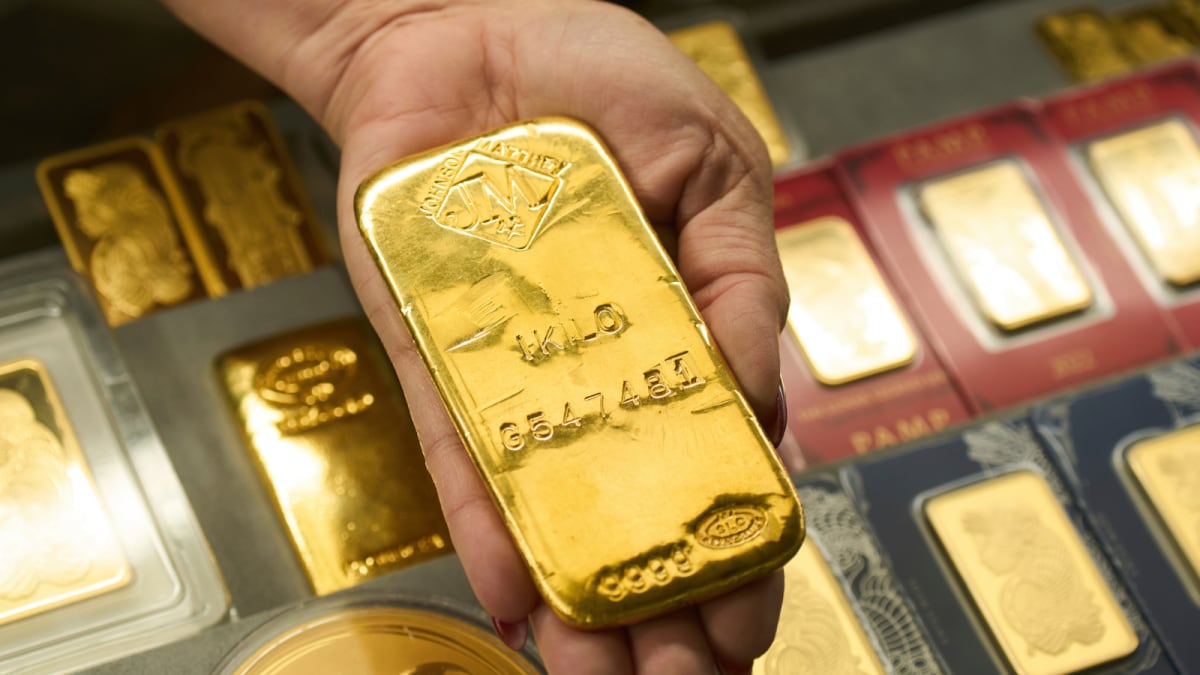
Last Updated:
Whether you invest in physical forms such as jewellery, coins, or bars, or through paper and digital modes like ETFs or Sovereign Gold Bonds, your gains are taxable.
Tax on Gold and Silver Gains.
Tax on Gold and Silver Gains: Gold prices have surged over 60% in the past year, while silver has doubled during the period, accruing gains for investors. However, gold, like any other asset class, also attracts capital gains tax on sale. Whether you invest in physical forms such as jewellery, coins, or bars, or through paper and digital modes like Exchange-Traded Funds (ETFs) or Sovereign Gold Bonds (SGBs), your profits are taxable. Here’s all you need to know:
Here’s a detailed look at how gains on gold and silver are taxed in India, along with the rules for ETFs and TDS applicability.
1. Tax on Physical Gold and Silver
When you sell gold or silver (jewellery, coins, or bars), any profit you make is treated as a capital gain. The tax depends on the holding period.
Short-Term Capital Gains (STCG): Returns from gold held for less than 24 months are termed short-term capital gains, according to cleartax.in.
Long-Term Capital Gains (LTCG): If you sell the asset after 24 months, the profit qualifies as long-term capital gains and is taxed at 12.5%. Also, if it was purchased on or after July 23, 2024, the same will be taxed at 12.5% without the indexation benefit. But, if purchased before July 23, 2024, investors can also avail indexation benefit with a 20% tax.
2. Tax on Gold and Silver ETFs
Gold and Silver Exchange-Traded Funds (ETFs) are treated similarly to physical holdings for tax purposes.
Held for less than 24 months: Gains are considered short-term and taxed as per your income tax slab.
Held for more than 24 months: Gains qualify as long-term and are taxed at 12.5%.
3. Tax on Sovereign Gold Bonds (SGBs)
Sovereign Gold Bonds, issued by the Reserve Bank of India (RBI), have a unique tax structure:
Interest Income: The annual interest (2.5%) paid on SGBs is taxable under ‘Income from Other Sources’ as per your income tax slab.
Capital Gains: If you hold the bonds till maturity (8 years), the capital gains are fully exempt from tax.
However, if you redeem them before maturity, after the 5th year, or sell them in the secondary market, LTCG at 12.5% applies.
4. Digital Gold and Silver
Many investors today buy “digital gold” or “digital silver” through fintech apps. The tax treatment is the same as physical gold —
Less than 24 months: Taxed as per slab (STCG).
More than 24 months: Taxed at 12.5% (LTCG).
5. Tax Deducted at Source (TDS) Rules
TDS applies when you sell physical gold or silver above certain limits or make large purchases:
On Sale: If you sell gold or silver worth more than Rs 50 lakh in a financial year to a buyer required to deduct tax (like a jeweller), TDS of 1% may be deducted on the sale consideration.
On Purchase: From July 1, 2021, if you buy gold worth more than Rs 10 lakh in cash, TDS/TCS (Tax Collected at Source) of 1% applies, and PAN/Aadhaar details are mandatory.
6. Gifts and Inherited Gold or Silver
If you receive gold or silver as a gift, it is taxable if the total value of gifts received during the financial year exceeds Rs 50,000, unless received from a relative or on occasions like marriage.
If you inherit gold or silver, no tax is payable at the time of inheritance. However, when you sell it later, capital gains tax applies based on the original cost of acquisition to the previous owner.
It is important to note that a 3% GST is applicable on gold purchases, apart from making charges and a 5% tax on that.

Haris is Deputy News Editor (Business) at news18.com. He writes on various issues related to personal finance, markets, economy and companies. Having over a decade of experience in financial journalism, Haris h…Read More
Haris is Deputy News Editor (Business) at news18.com. He writes on various issues related to personal finance, markets, economy and companies. Having over a decade of experience in financial journalism, Haris h… Read More
October 22, 2025, 16:46 IST
Read More
Business
How inflation rebound is set to affect UK interest rates

Interest rates are widely expected to remain at 3.75% as Bank of England policymakers prioritise curbing above-target inflation while also monitoring economic growth, according to expert analysis.
The Bank’s Monetary Policy Committee (MPC) is anticipated to leave borrowing costs unchanged when it announces its latest decision on Thursday, marking its first interest rate setting meeting of the year.
This follows a rate cut delivered before Christmas, which was the fourth such reduction.
At the time, Governor Andrew Bailey noted that the UK had “passed the recent peak in inflation and it has continued to fall”, enabling the MPC to ease borrowing costs. However, he cautioned that any further cuts would be a “closer call”.
Since that decision, official data has revealed that inflation unexpectedly rebounded in December, rising for the first time in five months.
The Consumer Prices Index (CPI) inflation rate reached 3.4% for the month, an increase from 3.2% in November, with factors such as tobacco duties and airfares contributing to the upward pressure on prices.
Economists suggest this inflation uptick is likely to reinforce the MPC’s inclination to keep rates steady this month.
Philip Shaw, an analyst for Investec, stated: “The principal reason to hold off from easing again is that at 3.4% in December, inflation remains well above the 2% target.”
He added: “But with the stance of policy less restrictive than previously, there are greater risks that further easing is unwarranted.”
Shaw also highlighted other data points the MPC would consider, including gross domestic product (GDP), which saw a return to growth of 0.3% in November – a potentially encouraging sign for policymakers.
Matt Swannell, chief economic advisor to the EY ITEM Club, affirmed: “Keeping bank rate unchanged at 3.75% at next week’s meeting looks a near-certainty.”
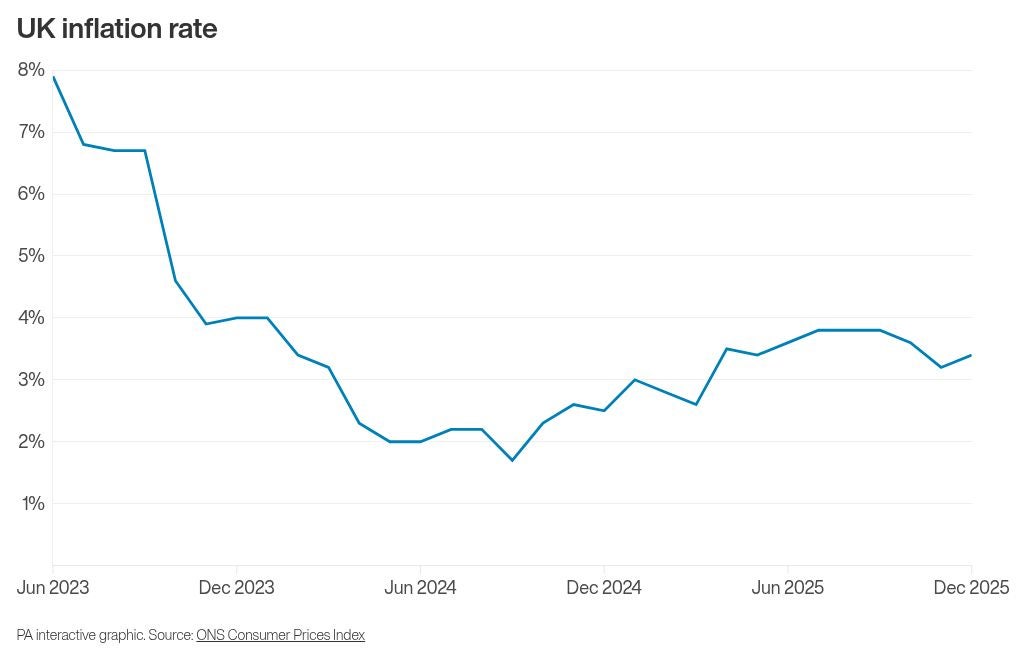
He noted that while some MPC members who favoured a cut in December still have concerns about persistent wage growth and inflation, recent data has not been compelling enough to prompt back-to-back reductions.
Edward Allenby, senior economic advisor at Oxford Economics, forecasts the next rate cut to occur in April.
He explained: “The MPC will continue to face a delicate balancing act between supporting growth and preventing inflation from becoming entrenched, with forthcoming data on pay settlements likely to play a decisive role in shaping the next policy move.”
The Bank’s policymakers have consistently voiced concerns regarding the pace of wage increases in the UK, which can fuel overall inflation.
Business
Budget 2026: India pushes local industry as global tensions rise
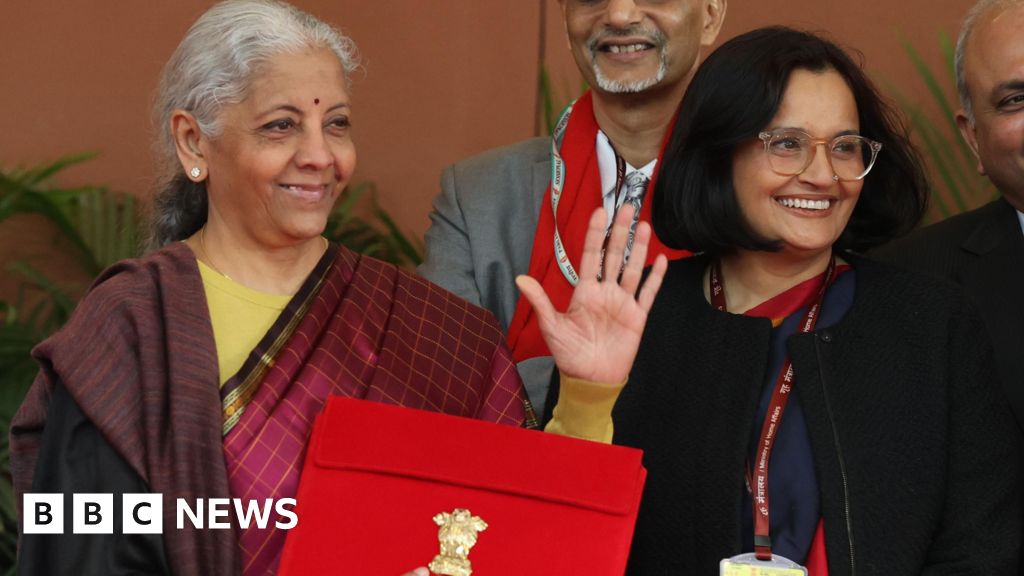
India’s budget focuses on infrastructure and defence spending and tax breaks for data-centre investments.
Source link
Business
New Income Tax Act 2025 to come into effect from April 1, key reliefs announced in Budget 2026
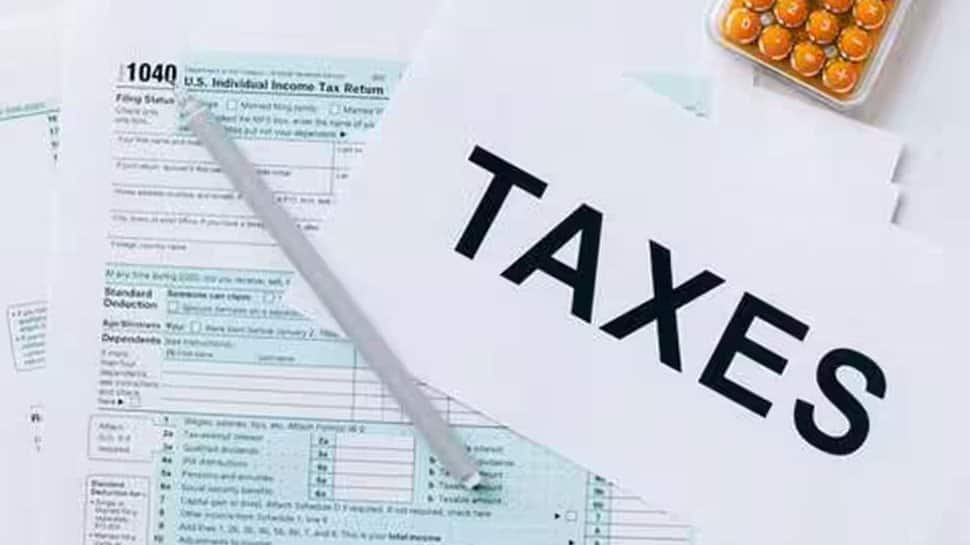
New Delhi: Finance Minister Nirmala Sitharaman on Sunday said that the Income Tax Act 2025 will come into effect from April 1, 2026, and the I-T forms have been redesigned such that ordinary citizens can comply without difficulty for ease of living.
The new measures include exemption on insurance interest awards, nil deduction certificates for small taxpayers, and extension of the ITR filing deadline for non-audit cases to August 31.
Individuals with ITR 1 and ITR 2 will continue to file I-T returns till July 31.
“In July 2024, I announced a comprehensive review of the Income Tax Act 1961. This was completed in record time, and the Income Tax Act 2025 will come into effect from April 1, 2026. The forms have been redesigned such that ordinary citizens can comply without difficulty, for) ease of living,” she said while presenting the Budget 2026-27
In a move that directly eases cash-flow pressure on individuals making overseas payments, the Union Budget announced lower tax collection at source across key categories.
“I propose to reduce the TCS rate on the sale of overseas tour programme packages from the current 5 per cent and 20 per cent to 2 per cent without any stipulation of amount. I propose to reduce the TCS rate for pursuing education and for medical purposes from 5 per cent to 2 per cent,” said Sitharaman.
She clarified withholding on services, adding that “supply of manpower services is proposed to be specifically brought within the ambit of payment contractors for the purpose of TDS to avoid ambiguity”.
“Thus, TDS on these services will be at the rate of either 1 per cent or 2 per cent only,” she mentioned during her Budget speech.
The Budget also proposes a tax holiday for foreign cloud companies using data centres in India till 2047.
-

 Sports5 days ago
Sports5 days agoPSL 11: Local players’ category renewals unveiled ahead of auction
-

 Tech1 week ago
Tech1 week agoStrap One of Our Favorite Action Cameras to Your Helmet or a Floaty
-

 Sports1 week ago
Sports1 week agoWanted Olympian-turned-fugitive Ryan Wedding in custody, sources say
-

 Entertainment1 week ago
Entertainment1 week agoThree dead after suicide blast targets peace committee leader’s home in DI Khan
-

 Tech1 week ago
Tech1 week agoThis Mega Snowstorm Will Be a Test for the US Supply Chain
-

 Sports1 week ago
Sports1 week agoStorylines shaping the 2025-26 men’s college basketball season
-

 Fashion1 week ago
Fashion1 week agoSpain’s apparel imports up 7.10% in Jan-Oct as sourcing realigns
-

 Entertainment1 week ago
Entertainment1 week agoUFC Head Dana White credits Trump for putting UFC ‘on the map’


